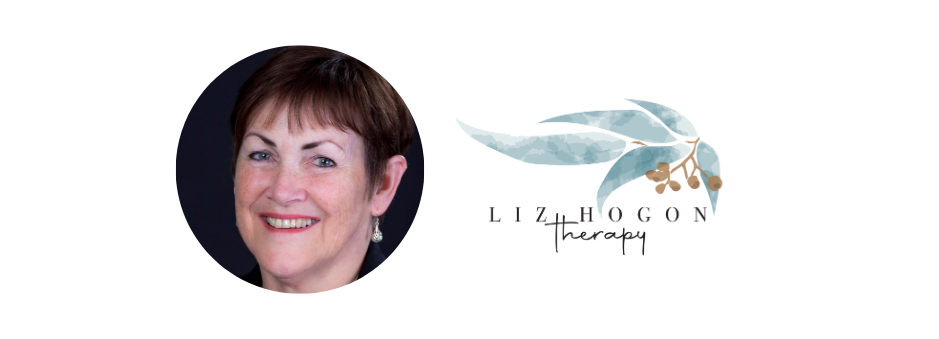Is it possible to be your own best friend?
/"I'm just so angry," said my friend Sarah* after she started writing a daily journal. I had to agree there's a lot to be angry about: refugees, the state of geo-politics, the treatment of women, Donald Trump.
But Sarah's anger is different. "I'm furious at myself for all my failings, all the mistakes I've made, and the opportunities I've missed," she said.
This was a complete surprise. This is a woman who tops my list of Women Who Have Their S--- Together. It never occurred to me that she might be as insecure and self-critical as me. It was a revelation that well-adjusted grown-ups could also be pointlessly self-destructive.
A friend recently said to me: "If only you could see yourself the way other people see you." This got me thinking: Is it possible to be my own best friend or is this just another thing to feel like I'm failing at?
Clinical Psychologist and Director at The Clinical Psychology Group Dr Karola Belton says that it's certainly possible to turn off our self-criticism, but often turning it down is a more achievable goal for most of us.
"Quite often the inner voice has been around for a very long time so it's had a lot of experience making its presence felt and we've had a lot of experience in believing what it tells us. It can be pretty stubborn, and doesn't like being turned off," says Belton.
Belton says the first step in turning down our self-criticism is awareness — noticing when the chatter starts and what it's saying.
"What is the theme of the chatter? What triggers these thoughts, who triggers them? This observation helps build an understanding of your inner chatter and, very importantly, helps create distance between the person and their thoughts. This helps reinforce the idea that 'I am not my thoughts'."
After we identify our unhelpful thoughts, Dr Belton says we need to decide what to do with them.
"I encourage my clients to ask themselves questions like: Do I believe this? Do I want to listen to this? How accurate is this? Does it help me or hinder me? Do I want this thought to influence what I do, the choices I make, how I feel?"
"The critical, judgemental, self-doubting thoughts can still be there, but we can, with practice, choose not to automatically accept them and have our actions be influenced by them."
Hypnotherapist Liz Hogon says that we're all born okay. "We're not born believing that we're not smart enough, not pretty enough, not sexy enough, not good enough.
Do I believe this? Do I want to listen to this? Does it help me or hinder me?
Those beliefs are layered on us from unhelpful experiences and comments from parents, family members, teachers, and our culture. We need to learn how to clear away those layers to get back to what our essence really is," says Hogon.
Hogon set me a challenge to improve my self-talk in two weeks. I'd be lying if I said I wasn't sceptical, but I figured I had nothing to lose.
She told me to compile a list of 10 good things that I had done or that I liked about myself and then add extra items to that list every day. I also had to write down what my friends would say about those things on the list if I'd told them.
Right about now, many are probably thinking "I'd struggle to come up with ten great things about myself".
But it doesn't have to be curing cancer or negotiating world peace. The items on my list were: "I went to the gym today." And I supposed that my friends would say, "That's great that you are looking after yourself and prioritising your time and your health."
Another one was, "I texted a friend who's really busy at the moment to remind her that our kids need to wear sports uniform today" and I imagined my friends would say "You're a thoughtful person and a good friend."
Once I wrote the list, Hogon told me to read the list five times every day and really think hard about what my friends might say about all the things on the list.
Hogon's challenge was based on a self-esteem program by author and researcher Rob Kelly who says that self-esteem is not as fixed as we think; that we don't have to let our crappy childhood experiences or bad relationships define us for life.
"Your self-esteem is what you currently think of you. It's a belief based on your most recent (or relevant) thoughts and feelings you have about yourself and your life," writes Rob Kelly in. "Positive thoughts, experiences and feelings charge [your self-esteem]. Negative thoughts, experience and feelings delete it."
And how did I feel after two weeks of working on my list?
Fantastic. It was like my mind was so full of all the good things about myself I didn't have the headspace for all the usual negative thoughts.
Of course, there's more to curing a lifetime of negative thought patterns than writing a list for two weeks. It takes time and practice to become our own best friend. But understanding that it is possible to choose which thoughts I'll listen to and which thoughts I'll ignore is a great place to start.
*not her real name
Kasey Edwards' new book Guilt Trip: My Quest To Leave The Baggage Behind will be released in May 2017.
Originally published here: http://www.theage.com.au/lifestyle/news-and-views/opinion/is-it-possible-to-be-your-own-best-friend-20170206-gu6i7u.html

